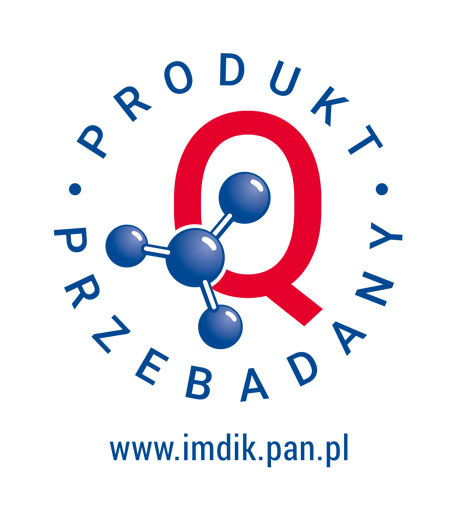The aim of our research on NK cells is to better understand the role of NK cells in the human body and to create a basis for using the best strategies for NK cell expansion in adoptive therapy for cancers. In previous studies, we have observed that NK cells show increased sensitivity to oxidative stress occurring in the tumor microenvironment. One of the factors responsible for this phenomenon is the low level of peroxiredoxin 1 (PRDX1) - an antioxidant enzyme involved in the neutralization of H2O2. We have shown that an increase of PRDX1 in NK cells effectively protects them against the adverse effects of oxidative stress, which may potentially be used to support CAR-NK cells in cancer treatment (doi: 10.1158/2326-6066. CIR-20-1023).
We also conducted comprehensive research on the migration process of NK cells and the selection of the best strategy for NK cell expansion to improve their migration to the tumor. In cooperation with Professor Karl-Johan Malmberg from the University Hospital in Oslo, we determined that the degree of education and differentiation of NK cells has a significant impact on the CAR-dependent cytotoxic response (doi: 10.1158/2326-6066.CIR-17-0207).






